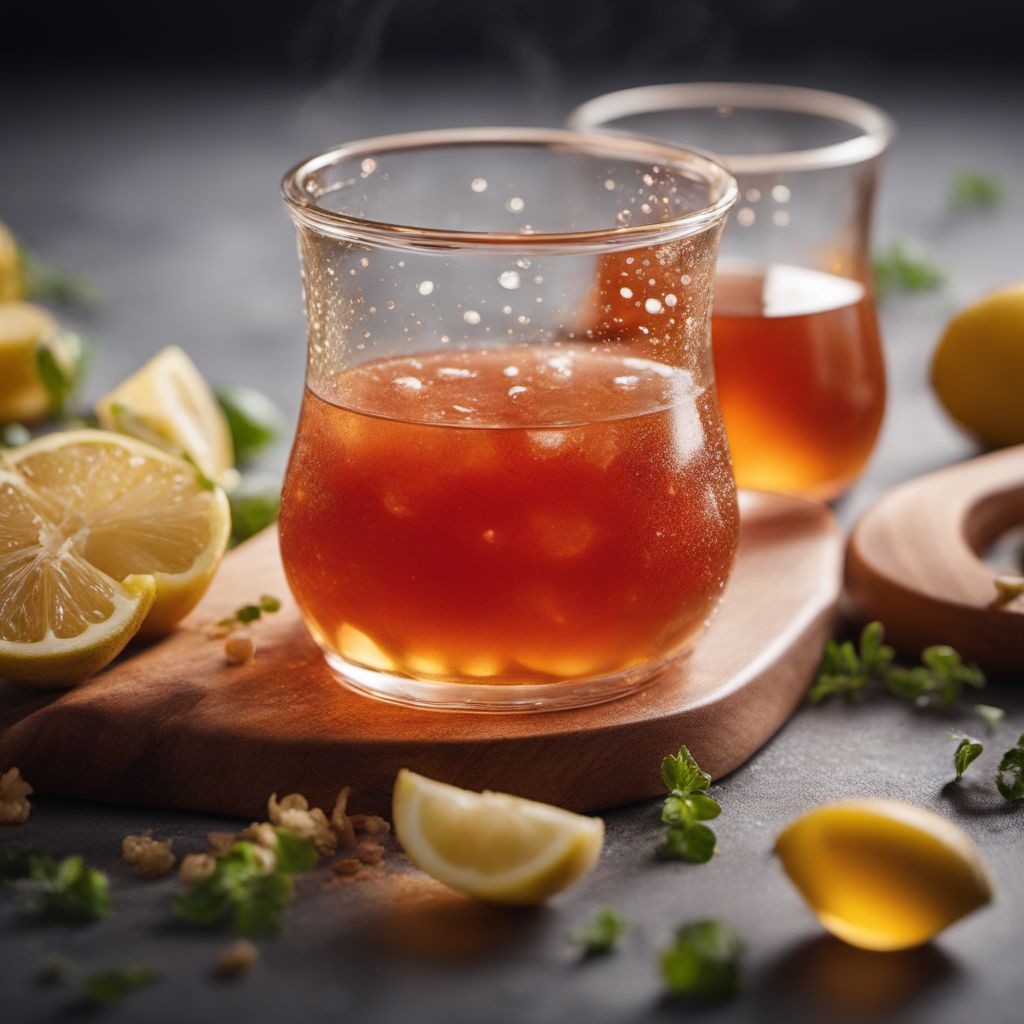
Ingredient
Alcoholic sauce
Spirited Elixirs: Unleashing the Flavors of Alcoholic Sauce
Alcoholic sauce is a flavorful condiment made by combining alcohol with other ingredients such as herbs, spices, fruits, or vegetables. It is typically used to enhance the taste of dishes, adding a unique twist and depth of flavor. The sauce can range in consistency from thin and pourable to thick and syrupy, depending on the desired application. With its vibrant colors and enticing aromas, alcoholic sauce not only tantalizes the taste buds but also adds visual appeal to any dish. Its taste can vary greatly depending on the type of alcohol used, ranging from sweet and fruity to bold and robust. The texture can also vary, with some sauces being smooth and silky, while others may have a slightly grainy or chunky texture due to the inclusion of ingredients like spices or fruits.
Origins and history
The use of alcoholic sauces in cooking can be traced back to ancient civilizations, where they were used to enhance the flavors of various dishes. In medieval Europe, sauces made with wine, ale, or mead were popular, and they were often used to mask the taste of spoiled or low-quality ingredients. Over time, the culinary world embraced the concept of alcoholic sauces, incorporating them into traditional recipes and creating new ones. Today, alcoholic sauces are enjoyed worldwide, with each culture adding its own unique twist to the concept.
Nutritional information
Alcoholic sauces are primarily used in small quantities as a flavor enhancer, so their nutritional impact is minimal. However, they may contribute a small amount of calories and alcohol content, depending on the specific recipe.
Allergens
Alcoholic sauces may contain allergens such as gluten, nuts, or dairy, depending on the ingredients used in the recipe.
How to select
When selecting alcoholic sauce, look for high-quality brands that use real ingredients and avoid artificial additives. Check the label for the specific type of alcohol used, as different spirits can impart distinct flavors to the sauce. Additionally, consider the intended use of the sauce and choose one that complements the flavors of your desired dish.
Storage recommendations
Alcoholic sauce should be stored in a tightly sealed container in the refrigerator to maintain its freshness. It is best consumed within a few weeks to ensure optimal flavor.
How to produce
Producing alcoholic sauce at home requires a basic understanding of cooking techniques and the ability to balance flavors. To make a simple alcoholic sauce, combine your choice of alcohol with complementary ingredients such as herbs, spices, fruits, or vegetables. Simmer the mixture over low heat to allow the flavors to meld together, then strain and cool before using.
Preparation tips
Alcoholic sauce can be used in a variety of ways, such as drizzling it over grilled meats, incorporating it into marinades or dressings, or using it as a glaze for roasted vegetables. When using alcoholic sauce in cooking, it is important to consider the alcohol content, as prolonged cooking may not completely evaporate the alcohol. Adjust the amount of sauce used based on personal preference and the desired intensity of flavor.
Culinary uses
Alcoholic sauce is a versatile ingredient that can be used in both sweet and savory dishes. It adds depth and complexity to sauces, gravies, and marinades, and can be used as a glaze for meats or roasted vegetables. It can also be incorporated into desserts, such as drizzling it over ice cream or using it as a flavoring in cakes or pastries.
Availability
Alcoholic sauce is commonly available in grocery stores, specialty food stores, and online retailers. It can be found in various flavors and types, catering to different culinary preferences.
More ingredients from this category
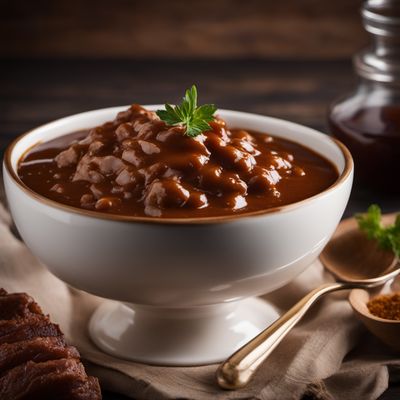
Continental european brown cooked sauce, gravy
Savory Umami Elixir

White sauces
The Creamy Elixir: Unveiling the Magic of White Sauces
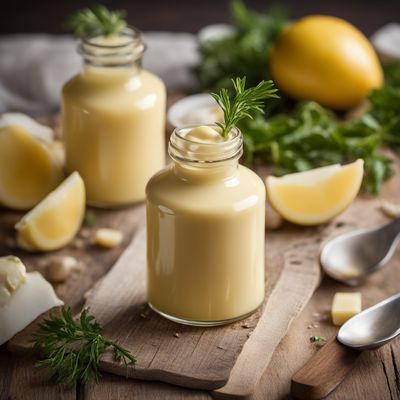
Mayonnaise, hollandaise and related sauces
Creamy Delights: Unveiling the World of Emulsified Sauces

Herbs/spices sauces
The Art of Flavorful Infusions

Meat sauce
Savory Delight: Exploring the World of Meat Sauce

Tomato ketchup and related sauces
The Tangy Twist of Tomato Condiments

Tomato-containing cooked sauces
The Essence of Tomato: Cooked Sauces

Sauces from fermented/hydrolised sources and similar
The Umami Boost: Unveiling the World of Fermented Sauces

Barbecue or steak sauces
"Savory Elixirs: Unleashing the Flavors of Barbecue and Steak"
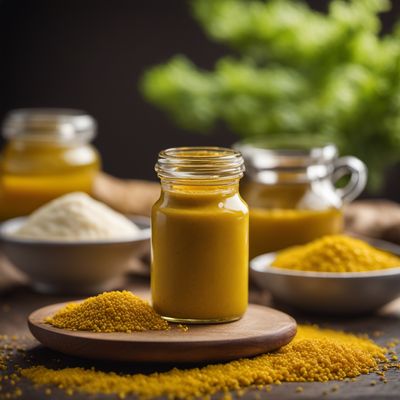
Mustard and related sauces
The Tangy Condiment: Mustard and Related Sauces
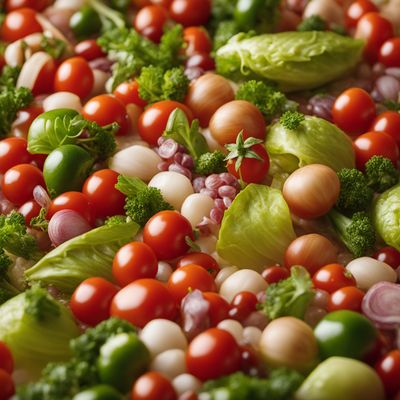
Vegetables-based cooked sauce
Garden Delight Sauce

